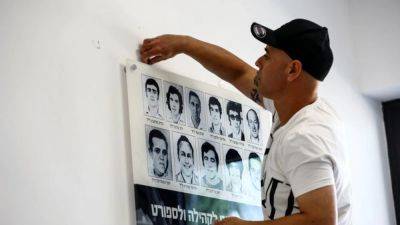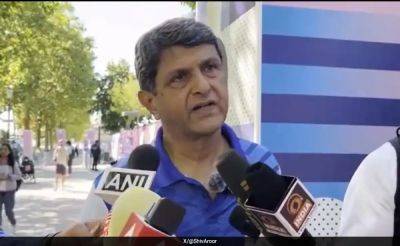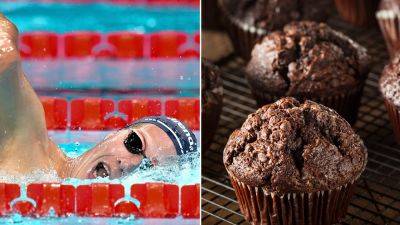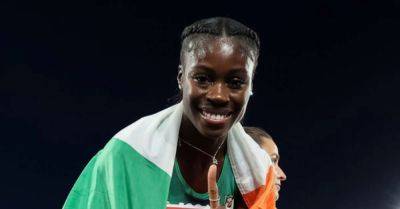Chilled athletes embrace strategies to beat Paris heat
MANCHESTER, England : While most of his rivals prepared for the 50 kilometre race walk at the 2019 Doha world championships by warming up in full track suits in the 32 degrees Celsius heat, Evan Dunfee did the polar opposite.
The 33-year-old Canadian spent the minutes before the race immersed in an ice bath trying to lower his core temperature before racing in the Persian Gulf.
The strategy paid off.
Fourteen walkers succumbed to the conditions and did not finish and Dunfee passed one wilting rival after another to win bronze.
Five years since the event in Doha and three years after the Tokyo Olympics were the hottest on record, the potential for similarly searing temperatures is a concern at the Paris Games.
In a warming world, heat acclimatisation has moved rapidly from the fringes of sports science into the mainstream.
Heat adaptation is now an integral part of athletes' training programmes and failure to buy into the various strategies on offer can make the difference between a medal and the dreaded did not finish (DNF).
"A lot of the guys were beaten before the race in Doha even started," Dunfee, whose heat work with Canadian sports physiologist Trent Stellingwerff is renowned in the race walking world, told Reuters.
"Around six of us hopped in ice baths, and not surprisingly, all six did really well."
At the Tokyo Olympics, one in 100 athletes experienced heat-related illness, according to a British Medical Journal study.
Spanish tennis player Paula Badosa needed a wheelchair after succumbing to the heat in her quarter-final and men's second seed Daniil Medvedev took several medical timeouts during a match.
When an umpire asked if he was fit to continue, the Russian fired back: "I can finish the match but I can die. If I








